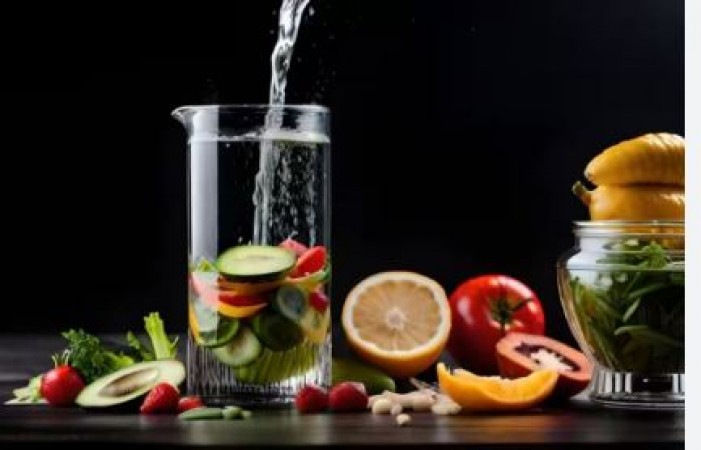The Indian Council of Medical Research (ICMR) has issued crucial advice to the public regarding the prevention of dehydration during the scorching summer months. Dehydration, which occurs when the body loses more fluid than it takes in, can lead to serious health complications if not addressed promptly. To combat this issue, ICMR has recommended avoiding certain substances and behaviors that can exacerbate dehydration. Here's a comprehensive look at the list provided by ICMR:
1. Limit Alcohol Consumption
- Alcohol consumption can lead to increased urination, thereby contributing to dehydration. It is advisable to limit alcohol intake, especially during hot weather.
2. Reduce Caffeine Intake
- Beverages containing caffeine, such as coffee, tea, and certain soft drinks, have diuretic properties that can promote fluid loss. Cutting back on caffeinated drinks can help maintain hydration levels.
3. Avoid Excessive Physical Activity
- Engaging in strenuous physical activities, especially outdoors, can cause excessive sweating and fluid loss. It is recommended to exercise during cooler times of the day and to stay hydrated by drinking plenty of water.
4. Steer Clear of Sugary Drinks
- Sugary drinks like sodas and fruit juices may seem refreshing, but they can actually contribute to dehydration. High sugar content can disrupt the body's fluid balance, making it essential to opt for water or electrolyte-rich beverages instead.
5. Say No to Spicy Foods
- Spicy foods can stimulate perspiration and increase body temperature, leading to fluid loss through sweating. Avoiding excessively spicy meals can help prevent dehydration.
6. Beware of Excessive Salt Intake
- Consuming too much salt can cause the body to retain water, leading to dehydration. It is advisable to moderate salt intake and opt for balanced meals to maintain proper fluid balance.
7. Limit Exposure to Extreme Heat
- Prolonged exposure to high temperatures can accelerate fluid loss through sweating. Seek shade, wear lightweight clothing, and stay indoors during the hottest parts of the day to prevent dehydration.
8. Monitor Medication Side Effects
- Some medications, such as diuretics and certain blood pressure medications, can increase urine output and contribute to dehydration. Patients should consult their healthcare providers regarding any potential side effects and take necessary precautions to stay hydrated.
9. Maintain Adequate Fluid Intake
- The most effective way to prevent dehydration is by ensuring adequate fluid intake throughout the day. Water is the best choice for hydration, but other options like electrolyte drinks and coconut water can also help replenish lost fluids.
10. Listen to Your Body
- Pay attention to thirst cues and other signs of dehydration, such as dry mouth, fatigue, dizziness, and dark urine. Respond promptly by drinking fluids and seeking shade or cooler environments.
By following these guidelines provided by ICMR, individuals can effectively prevent dehydration and safeguard their health during the hot summer months.
Wearing sandals also leaves marks on your feet, so follow these tricks
When was the saree worn for the first time, how did it become a part of Indian culture?
If you are planning to travel with your husband and want to look hot, then take fashion tips from Rakulpreet Singh
